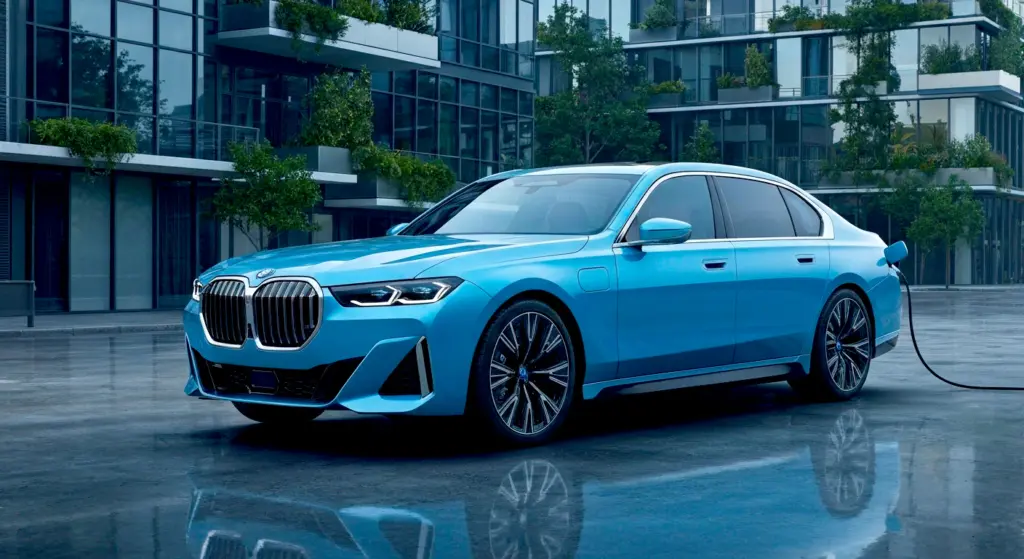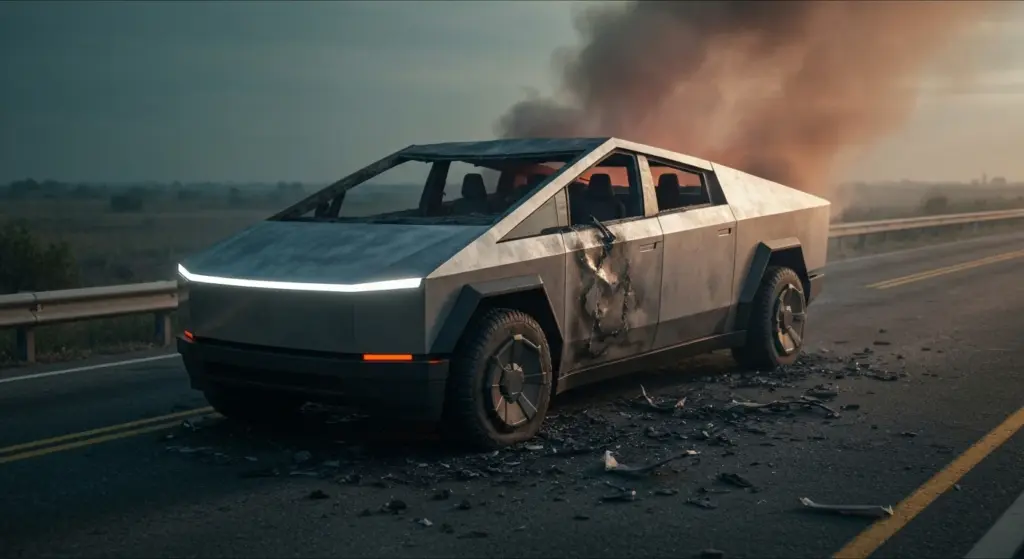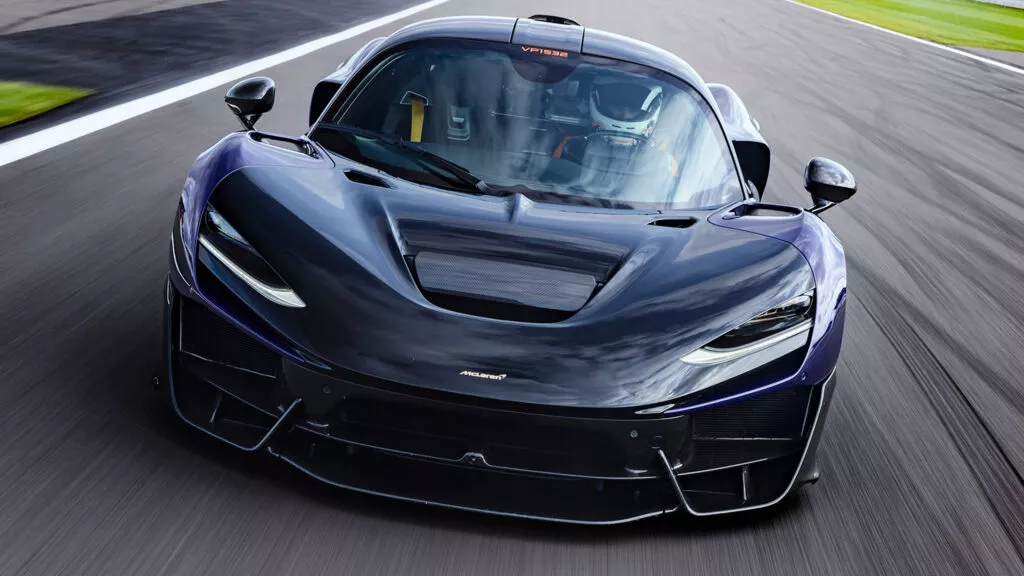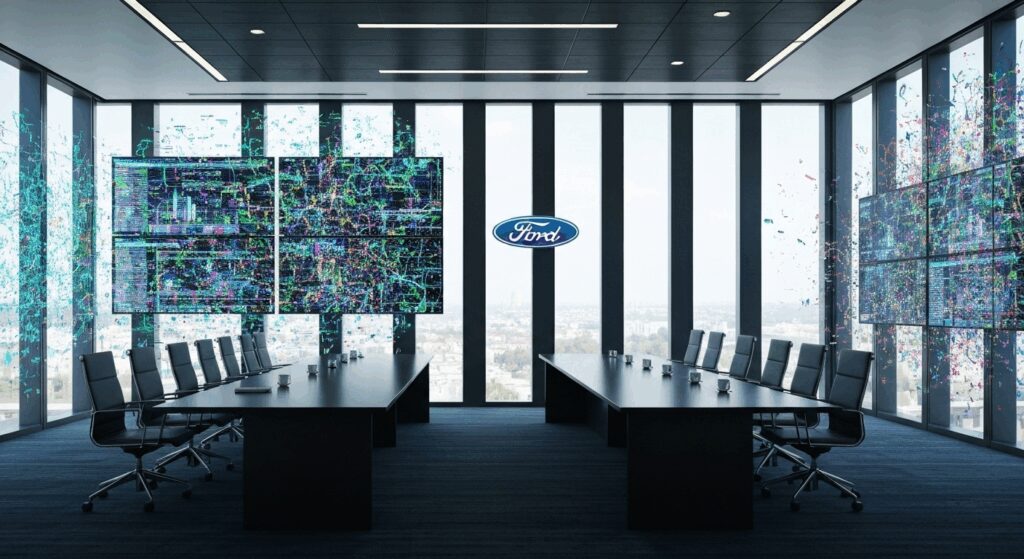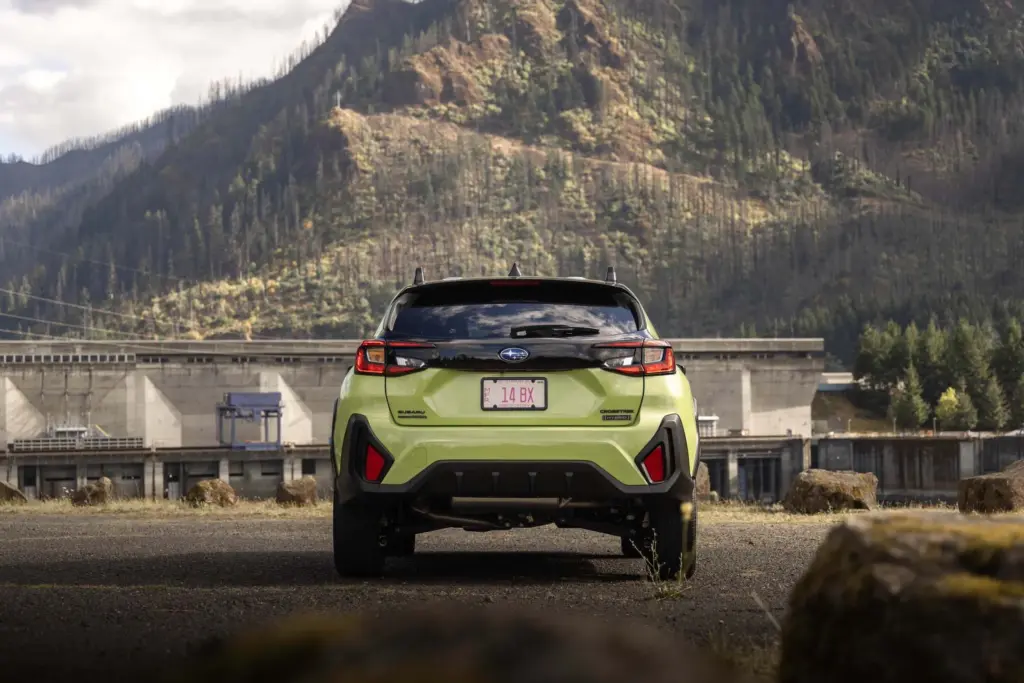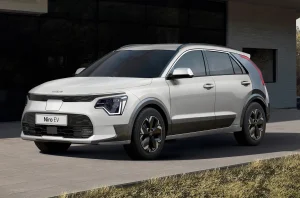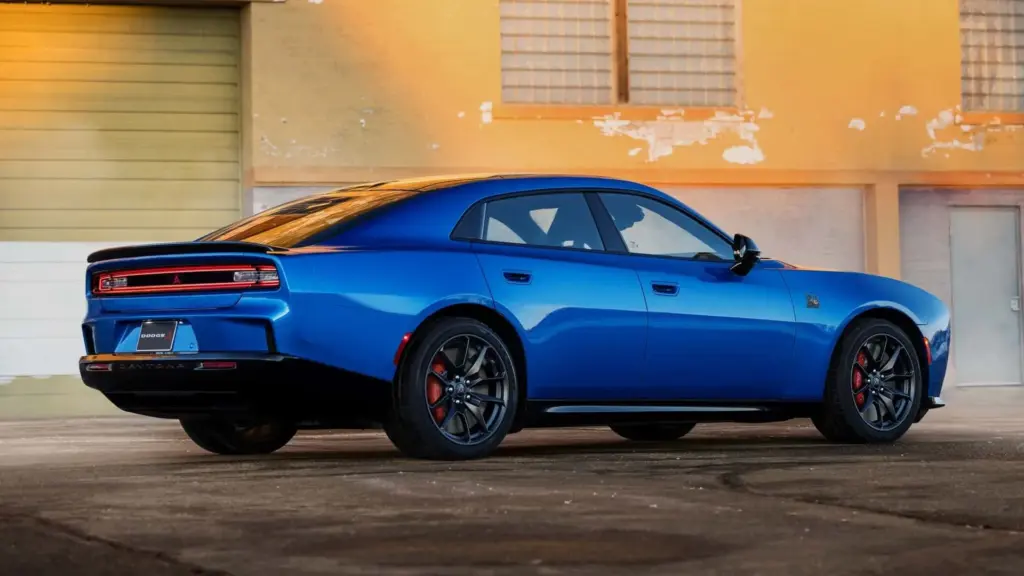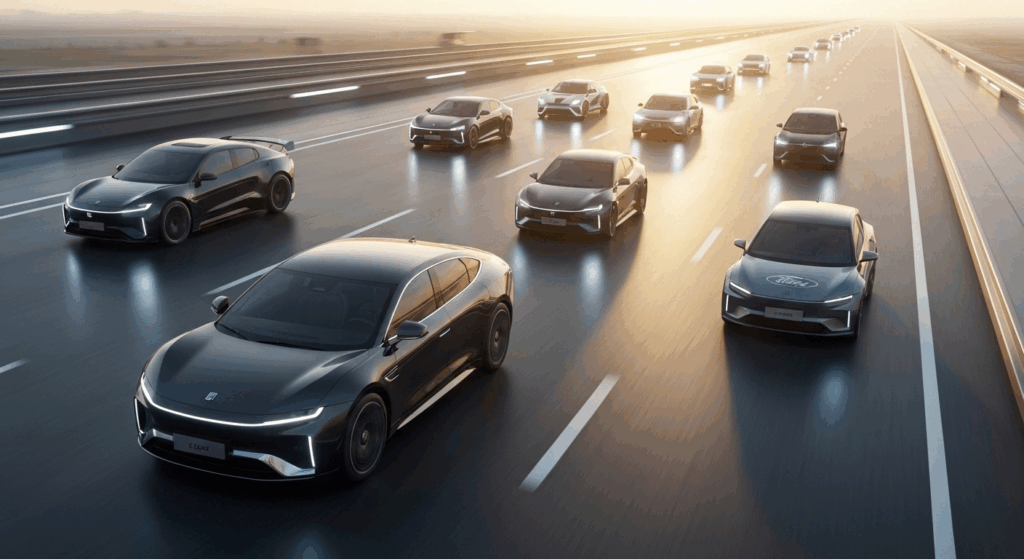The combustion engine roar in the Porsche 718 could become a luxury item. See the new strategy that separates the hybrid versions from the top-of-the-line models.
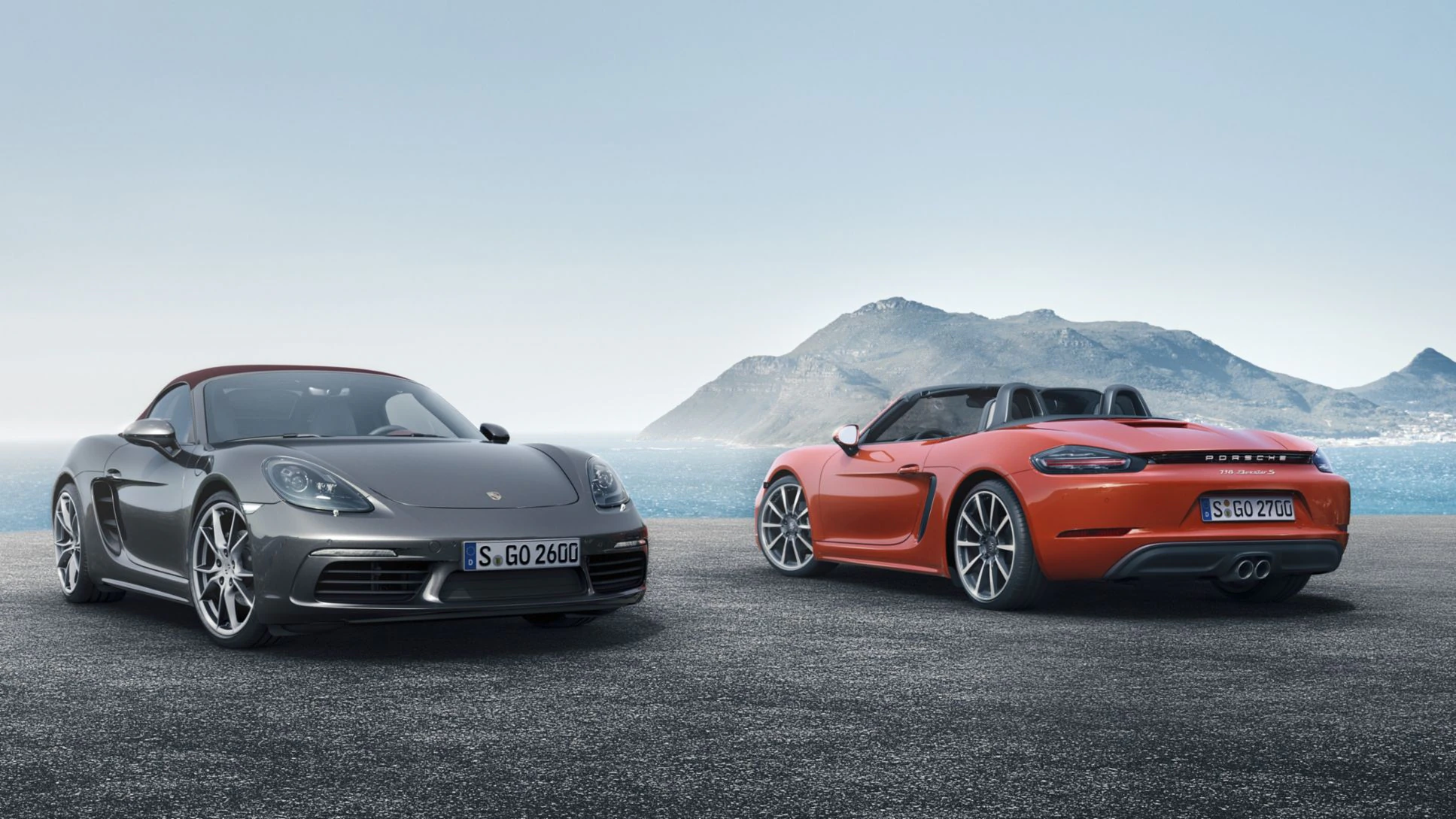
Porsche 718 Boxster and Cayman, two icons of the German brand’s entry-level sports car segment, are undergoing a strategic redefinition that could limit their combustion engines to the most exclusive and expensive versions. Amid the global transition to electric cars, Porsche seems to be charting a hybrid and segmented path, keeping the traditional engine as a synonym of luxury and advanced performance.
Hybrids in the spotlight, combustion for the few
After initial plans to make future generations of the 718 fully electric, Porsche backtracked, reshaping the strategy. According to recent information, the German manufacturer will implement internal combustion engines (ICE) only in the top models of the Boxster and Cayman, using a distinct platform for the hybrid and electric cars. This decision meets both stricter environmental standards — especially in Europe, where the current four-cylinder engine is no longer allowed — and the desires of purists who resist full electrification.
The focus on the combustion engine in the more expensive versions should attract collectors and enthusiasts who value the mechanical experience of hybrid flat-six engines. Porsche is considering bringing the hybrid technology present in the 911 Carrera GTS to the 718 line, which combines a 3.6-liter flat-six engine with two electric motors — one located at the turbine and another inside the transmission — totaling 532 horsepower and 449 lb-ft of torque. This setup delivers high performance with lower pollutant emissions, fulfilling current regulations.
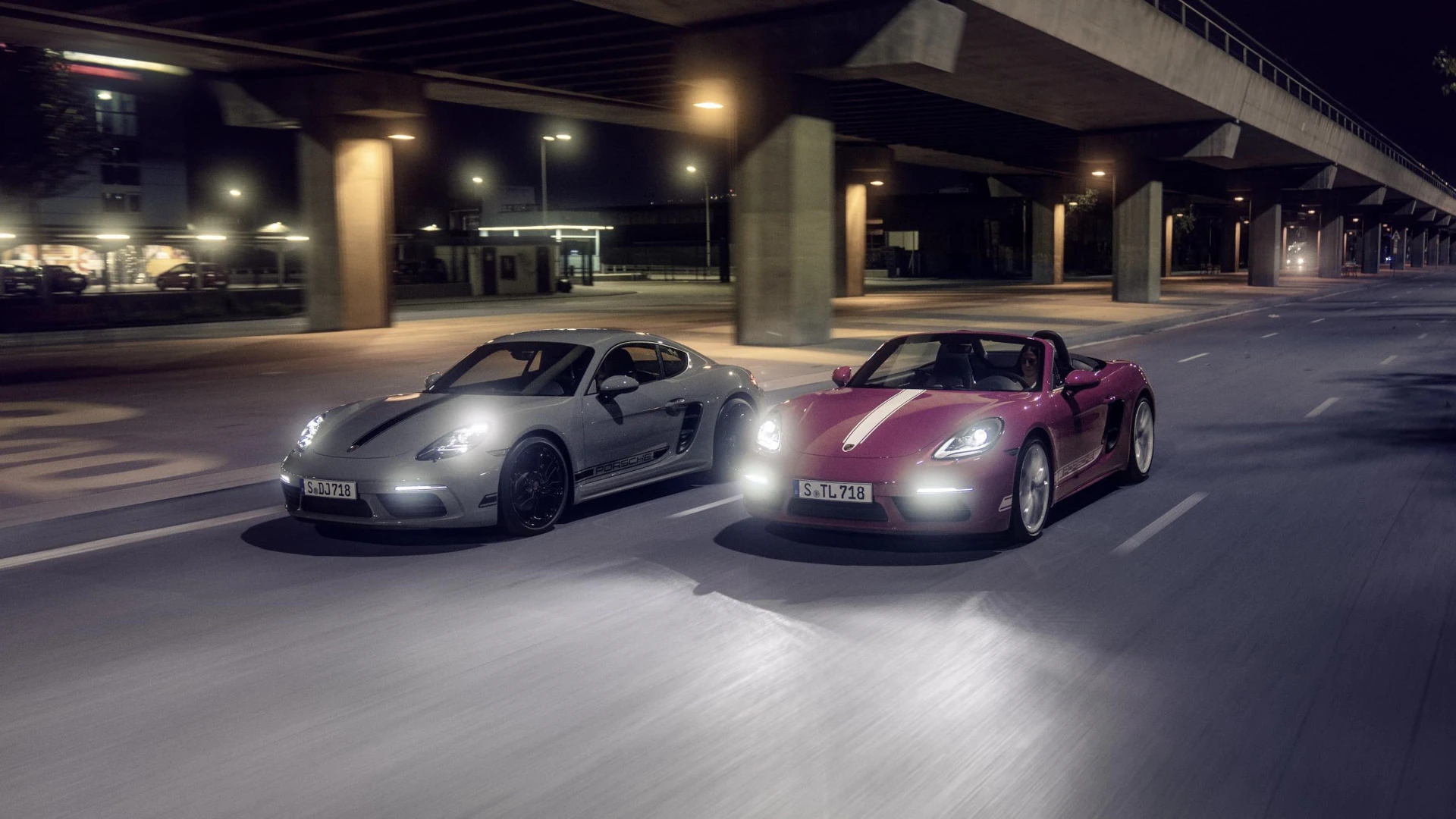
However, for this, it will be necessary to review the chassis and electronics, since the 718 will need to adapt to the new European law that recently came into effect concerning automotive cybersecurity, something that has already caused the temporary suspension of the model’s sales on the continent.
A 718 for exclusive niches
Producing two versions of the Porsche 718 on different platforms is a logistical and financial challenge, but still facilitates processes compared to a single platform for all models, according to a specialist from the publication Autocar. Economies of scale may come from transferring technologies and components directly from the iconic 911, since both share the modular MMB platform.
The big dilemma lies in the final price. The hybrid version of the 911 Carrera GTS starts at an impressive $178,250, a price unlikely to be accessible for the 718 line, traditionally more “popular” within the Porsche universe. The expectation is that the combustion 718s will maintain high prices, reinforcing the combustion engine as a component of elitism.
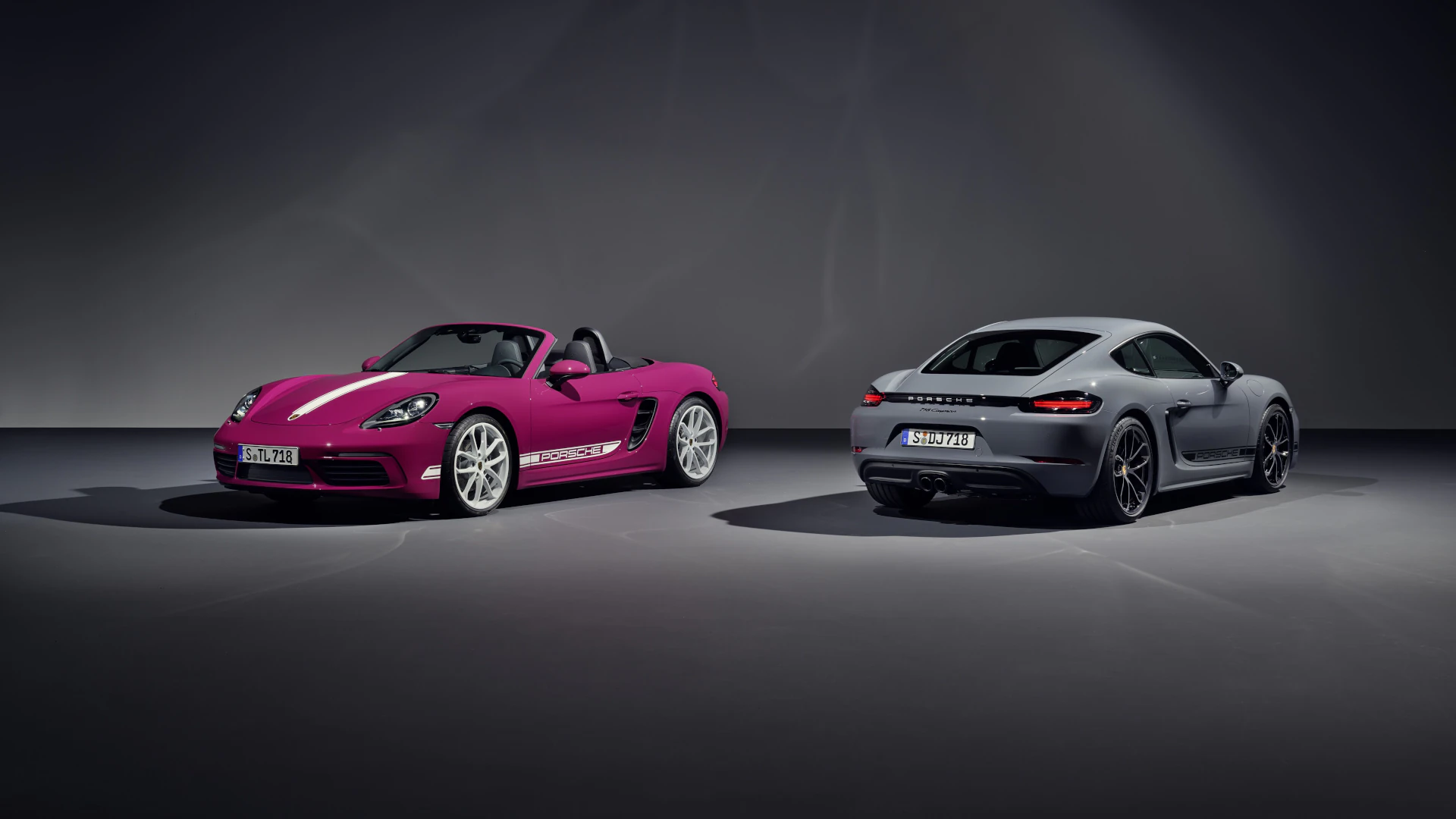
This move may leave the hybrid and 100% electric versions of the 718 as more accessible options for those who want a modern sports car, while the combustion engine solidifies as a symbol of exclusivity, technology, and tradition. This segmentation reinforces the premium market trend, where luxury also translates into differentiated motorization and driver experience.
Porsche fighting for innovation without losing its essence
In a scenario where automakers like BMW and Tesla revolutionize with fully electric models — such as the 2025 BMW i7 — Porsche needs to balance technological innovation with performance and tradition.
On the route of hybrid sports cars, the German brand also follows trends that blend high performance and sustainability, targeting a demanding clientele that does not give up the roar and behavior of the combustion engine. At the same time, the bet on advanced hybrid systems aims to meet strict environmental regulations, securing longevity for certain models in Europe and other restrictive markets.
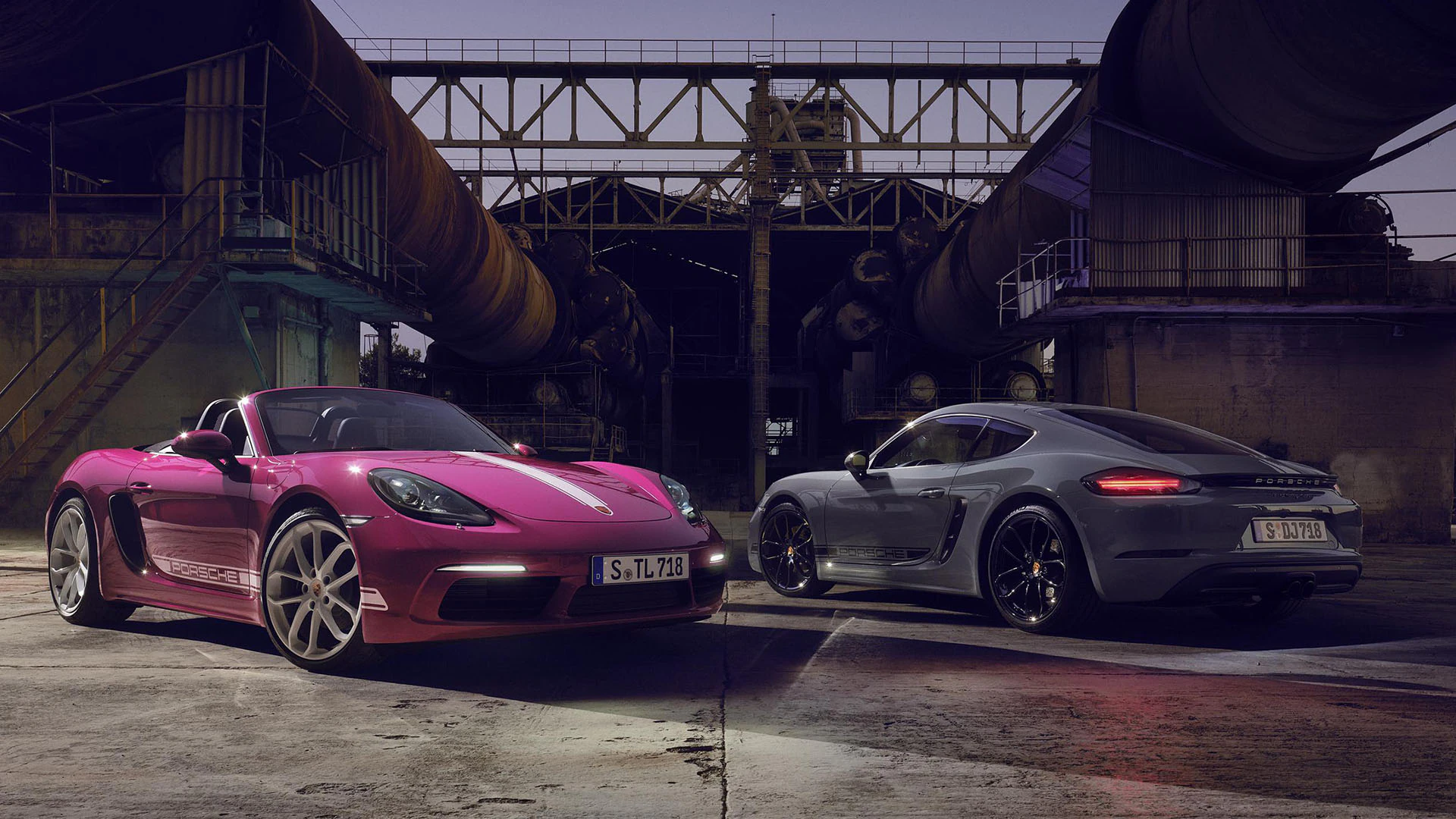
Furthermore, Porsche is not alone. Other luxury manufacturers are expected to follow the logic of separating their lines between electric, hybrid, and combustion for more exclusive segments, as already happens with limited versions from Mercedes, Audi, and even hypercar manufacturers. This shows a clear movement: electrification will not immediately eliminate the combustion engine but will relocate its use to a differentiated niche.
This Porsche strategy highlights the importance of adaptability, revealing that the transition to an electric future will be gradual, hybrid, and very focused on customer experience, without giving up the premium image that makes its legacy so valued.
To keep up with global trends and learn more about the new generations of hybrid sports cars, also check out our analyses of models like the 2026 Subaru Crosstrek Hybrid and McLaren W1, the segment’s hybrid giant.




Author: Fabio Isidoro
Founder and editor-in-chief of Canal Carro, he dedicates himself to exploring the automotive universe with depth and passion. A car and technology enthusiast, he produces technical content and in-depth analyses of national and international vehicles, combining quality information with a critical eye for the public.

